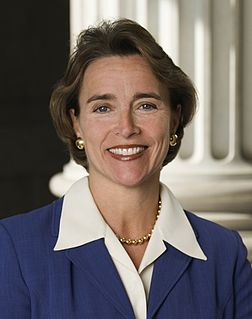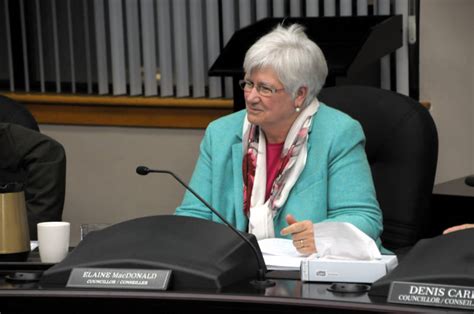A Quote by Majora Carter
Many people still believe that 'green' solutions are too expensive, but they are actually much cheaper when all of the costs to public health, social services, and waste handling are factored into the same equation.
Related Quotes
Health care is too expensive, so the Clinton administration is putting a high-powered coporate lawyer - Hillary - in charge of making it cheaper. (This is what I always do when I want to spend less money - hire a lawyer from Yale.) If you think health care is expensive now, wait until you see what it costs when it's free.
Now, brethren, this is one of our greatest faults in our Christian lives. We are allowing too many rivals of God. We actually have too many gods. We have too many irons in the fire. We have too much theology that we don't understand. We have too much churchly institutionalism. We have too much religion. Actually, I guess we just have too much of too much.
I think green buildings are extremely important but it's only part of the equation. A lot of people think that if I put a green building everything is going to be fine, but actually it's not just the green buildings we need, but green businesses, green governments, green economics. We have to extend the greening of buildings to our business and our lifestyles - that is the most important thing to do next.
The technology broadens an individual's social field massively and at the same time makes it much, much easier and cheaper to consume gossip. We have the same appetite for gossip, but now its acquisition is even easier than grabbing sugary and fatty foods off a supermarket shelf. And look where that got us. When you watch people in public desperately punching away at their machines, it's hard not to think of addictions.
We believe that part of the answer lies in pricing energy on the basis of its full costs to society. One reason we use energy so lavishly today is that the price of energy does not include all of the social costs of producing it. The costs incurred in protecting the environment and the health and safety of workers, for example, are part of the real costs of producing energy-but they are not now all included in the price of the product.






































